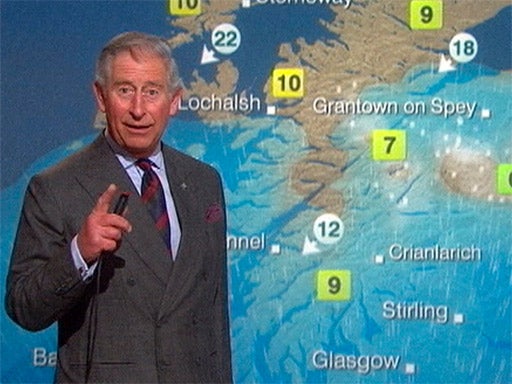Philip Hensher: It's tough to sack a civil servant (I should know)

The number of civil servants has, interestingly, dropped very substantially under the Coalition. Whether as a result of redefinition or of stripping down, the numbers have fallen since the Brownite high point, from over half a million to a mere 434,000.
The number is said to be the lowest since the Second World War. That sounds less triumphant than the Government perhaps intended – I don't know that it should be necessary to run a centralised wartime economy with the same numbers as a largely privatised economy in the 21st century.
Still, there are ideas floating around the radical corners of Government that the civil service might be reduced still further. It's been said that Steve Hilton, the director of strategy who is about to leave to take up a post at an American university, has told the Prime Minister that the civil service could be a tenth of its current size. A Downing Street source, reporting back on a bizarre exercise by which Somerset House was "measured up" to find out working space, found that the 19th century managed to run an empire with no more than 4,000 London civil servants – "which rather puts today's staffing into perspective".
How could the civil service be reduced to this ideally efficient number? Well, the Government has had the glorious idea of identifying "under-performing civil servants" and sacking them. The civil service, far from providing a home for the cautious and inefficient, is going to home in on such people and chuck them out into a cold, hard world.
I wish them well in this ambitious undertaking. But, frankly, I don't think listing all Government employees in order of efficiency and then sacking the worst 20 per cent is a plan at all likely to work. I say this as somebody who was, in fact, sacked from the public service in 1996. I was undoubtedly one of the most useless clerks ever employed by the House of Commons – I never did any work at all, devoting most of my time to phoning up friends, writing a couple of novels of my own, and reviewing the novels of others. I should never in a million years have been employed by them.
Unfortunately, uselessness on its own didn't qualify one to be sacked, I discovered – there were other clerks almost as idle and incompetent as I was who had been there for years and were going to stay there until retirement. I was eventually sacked, though not for being in the lowest-achieving 20 per cent; I had to go to the boring length of writing a scandalous novel and giving an obscenely frank interview about it to a gay magazine before the House of Commons felt the necessity of dismissing me.
Subsequent research – I hope carried out by another idle fellow, assigned to encourage him into a more productive attitude – discovered that the last sacking of a clerk from the House of Commons had taken place in 1835 or thereabouts. As I say, I wish Mr Cameron well in this endeavour.
The point at which the Government's brave new endeavour might fall down is that the whole attempt to quantify the excellence of individual civil servants seems just as likely to increase the number of officials as decrease it. How easy to appoint yet more people, clipboard in hand, to have lovely discussions about efficiency and outputs and ratings! How incredibly difficult to get rid of anyone just because they are totally hopeless at their job!
Once, in Bangladesh, I peered into a chemist's shop, roughly five feet wide and 16 feet deep, and counted 11 members of staff, entirely without any kind of occupation. Now, I don't say the British civil service is like that, but who, really, could determine how many people it needs to run the country? No doubt the country could be run, after a fashion, with 30,000 highly efficient public servants, or with 10 million totally idle ones. Stuff gets done, somehow, whether under the eyes of men with clipboards or not.
But is he ready for the wind of change?
Prince Charles's wonderful turn reading the weather on Scottish television fills one with envy – we've probably never really wanted to be a member of the Royal Family and spend our days asking dull questions of over-excited strangers. But surely everyone has longed to stand in front of a blue screen and wave their arms to conjure up a cold front approaching Kidderminster. Of course, come the revolution, they are all going to have to abandon their traditional trade of asking town councillors' wives if they have come far, in favour of media appearances.
The Duchess of Cornwall surely deserves her own book programme on BBC Radio 4. When Prince Harry is released from restraint, Bear Grylls perhaps ought to worry for his career eating Amazonian worms on screen. And the Queen? Well, after her astute questioning of the bewildered academics of LSE about why nobody saw the collapse coming, she would surely make a formidable interviewer on the Today programme. The Royals, understandably, never much enjoy being the unreacting target of media interest. How they must long to take charge, and start asking penetrating questions of the unsuspecting masses.

Join our commenting forum
Join thought-provoking conversations, follow other Independent readers and see their replies